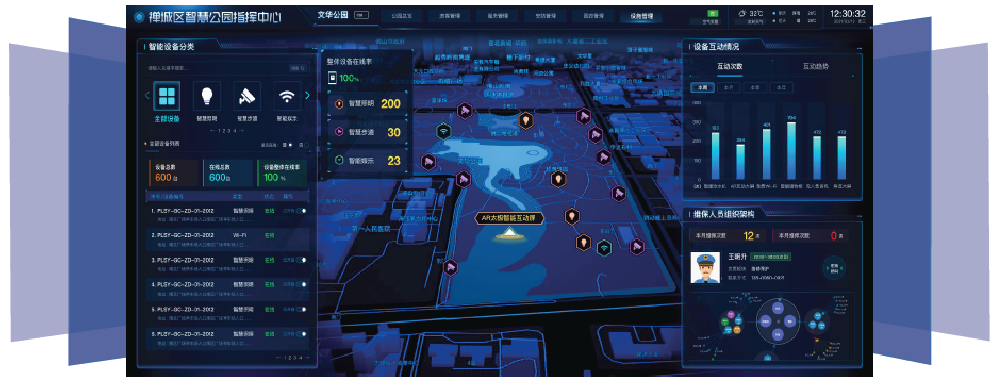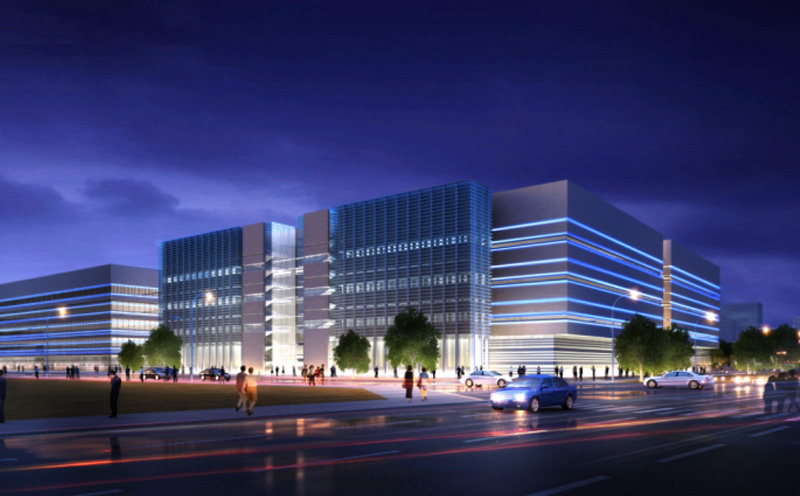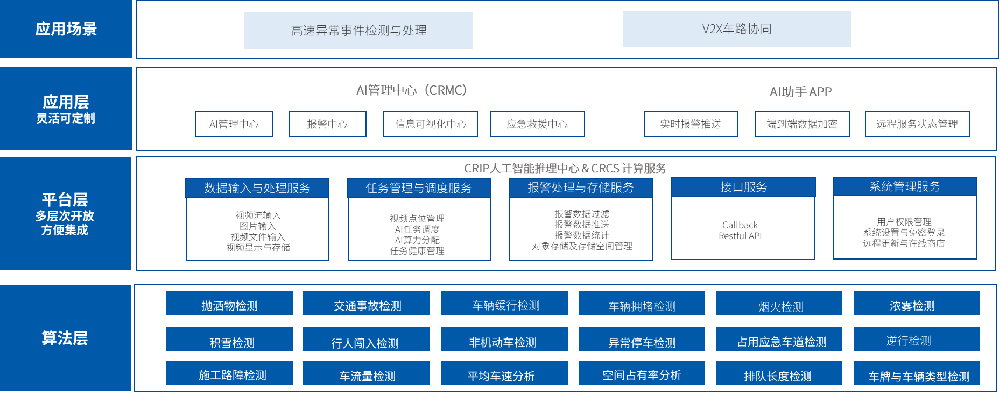In 2024, the smart city industry will usher in a new round of technological innovation and policy support, and cities around the world are accelerating their intelligent transformation. From the popularization of 5G networks to the deep application of artificial intelligence, smart cities are redefining urban management and residents' lifestyles. This article will take you to learn about the latest developments, technological innovations, and future development trends in the smart city industry.

According to the latest research report, the global smart city market is expected to reach $1.5 trillion by 2024, with an annual growth rate of over 15%. North America, Europe, and the Asia Pacific region are the main driving forces for the development of smart cities, with China, the United States, and India leading the world in investment in smart city projects.
China:
China is vigorously promoting the construction of "new smart cities", with a focus on developing intelligent transportation, smart energy, and smart healthcare. For example, Shenzhen has become a model for global smart cities, with its intelligent transportation system significantly reducing traffic congestion.
U.S.A:
Multiple cities in the United States are utilizing IoT and big data technologies to optimize urban management. The "LinkNYC" project in New York City provides free Wi Fi through smart streetlights and collects city data to improve public services.
Europe:
Europe focuses on sustainable development in the field of smart cities, and Amsterdam, the Netherlands, has significantly reduced carbon emissions through smart grids and shared transportation systems.
Smart City Technology Innovation in 2024
The comprehensive application of 5G technology:
The low latency and high bandwidth characteristics of 5G networks provide powerful technical support for smart cities. For example, 5G is driving the development of V2X technology in intelligent transportation systems, enabling real-time communication between vehicles and infrastructure.
Artificial Intelligence and Machine Learning:
AI technology is playing an increasingly important role in smart cities. For example, AI driven intelligent security systems can prevent crime through facial recognition and behavior analysis, while machine learning algorithms are used to optimize energy allocation and traffic flow.
Digital twin technology:
Digital Twin technology helps managers simulate and optimize city operations by creating virtual models of cities. Singapore has utilized digital twin technology to optimize urban planning and disaster response.
Blockchain technology:
Blockchain technology is being applied in smart cities for data security and privacy protection. For example, Dubai is utilizing blockchain technology to ensure the transparency and immutability of city data.
Policy support and investment trends
Government policy support:
Governments around the world are implementing policies to promote the development of smart cities. For example, the EU's "Smart Cities and Communities Program" provides significant financial support for smart city projects, while China's "14th Five Year Plan" also lists smart cities as a key development area.
Enterprise investment and cooperation:
Technology giants such as Huawei, Google, Siemens, etc. are increasing their investments in the field of smart cities. For example, Huawei has collaborated with multiple cities to provide comprehensive solutions for smart cities, covering intelligent transportation, smart security, and smart energy.
Smart City Future
Sustainable development:
Future smart cities will place greater emphasis on green energy and low-carbon technologies to promote sustainable urban development. For example, smart buildings will reduce energy consumption through energy-saving technologies.
Data Privacy and Security:
With the increasing importance of data, smart cities need to strengthen data privacy protection and security measures to ensure that residents' information is not abused.
National participation:
Future smart cities will place greater emphasis on residents' sense of participation, allowing citizens to participate in urban management through intelligent platforms, such as providing feedback on city issues through apps.
In 2025, the smart city industry is facing unprecedented development opportunities. Technological innovation, policy support, and global cooperation are driving the development of smart cities towards greater efficiency, environmental friendliness, and livability. In the future, smart cities will become the core driving force for global urban development, creating a better living experience for residents.









